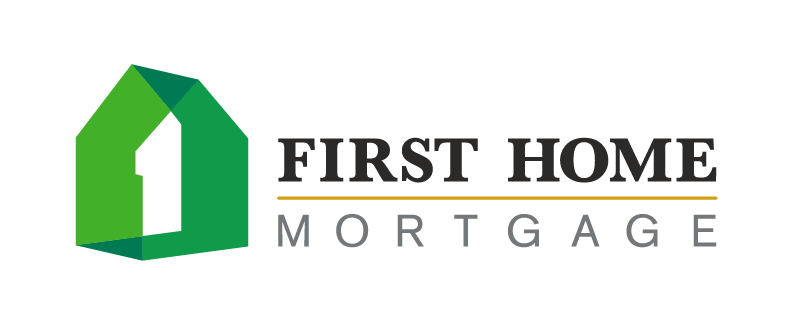Home mortgages have many cost factors for you to consider, but the interest rate is one of the biggest. Of the life of the loan, your interest rate has the biggest impact on the amount you spend on your home. Many factors impact the rate assigned to home loans in Maryland, and understanding these factors will help you get the best loan for your needs with a fair, competitive rate.
1. The Fed
The Federal Reserve, often called “The Fed” for short, does not control mortgage interest rates, but it does impact them indirectly. The Fed sets the federal funds rate, which is the rate banks and other financial institutions use when they lend money to one another. When the federal funds rate goes up, the expenses for banks go up. Most pass this expense on to consumers through higher interest rates on home loans other types of credit.
2. Your Credit Score
For most home loans, the higher your credit score, the better your rate will be. People with excellent credit get the lowest possible interest rates on their mortgages, while people with poor credit may get higher rates. For this reason, checking your credit should be your first stop on the road to finding the right mortgage.
3. Down Payment Amount
Today’s home buyers have many options for funding their home loans, and this means they don’t have to have a 20 percent down payment. However, the larger your down payment, the lower your interest rate will be. Lenders tend to view borrowers who have a lot to put down on the house as less risky compared to those who do not have cash reserves for the down payment. Start saving your pennies to lower your interest rate.
4. Home Price Compared to Loan Amount
The price of the home can also impact the loan’s interest rate, as well as the home’s value compared to the amount you’re borrowing. First, if you’re buying a high-value home that is worth more than the current conforming loan limits, you will need a jumbo loan. This could mean higher interest rates depending on your lender. Second, if you are borrowing close to the home’s value, instead of lowering the loan-to-value ratio with a down payment, your interest rate may increase.
5. Loan Term
Loans come in many shapes and sizes. The more time you need to repay what you owe, the more you will pay in interest rates. Shorter loan terms come with lower interest rates and costs. If you can handle a higher monthly payment, you can save in the long-term with a shorter loan term.
6. Loan Type
The type of loan you get will impact its rate. Fixed-rate loans have a rate that doesn’t change over the life of the loan. Adjustable-rate loans can go up or down based on market trends. At the outset, a fixed-rate loan is usually a little higher, but the adjustable-rate loan has the chance of going up.
With so many factors that affect interest rates, you need to know that you’re getting the best loan for your needs. Working with a local Maryland loan professional can help. Reach out to Drew Gilmartin with First Home Mortgage to get professional guidance at finding the right, most affordable loan option for your specific needs.
Source
https://www.discover.com/online-banking/banking-topics/how-the-federal-reserve-affects-mortgage-rates/
https://www.consumerfinance.gov/about-us/blog/7-factors-determine-your-mortgage-interest-rate/


